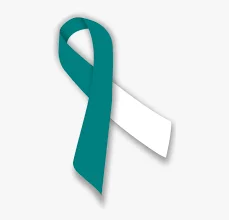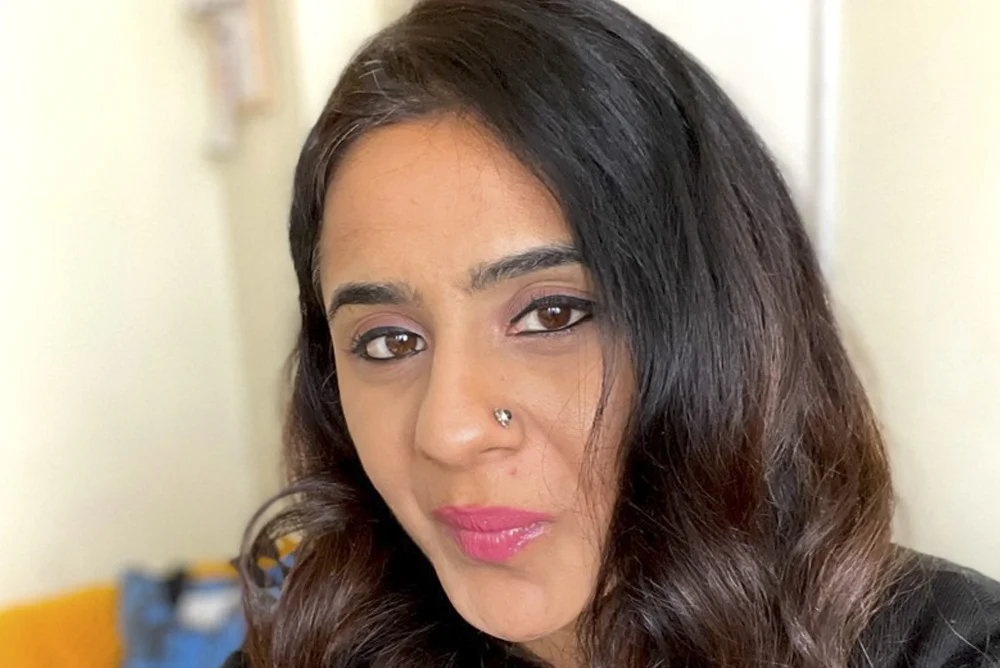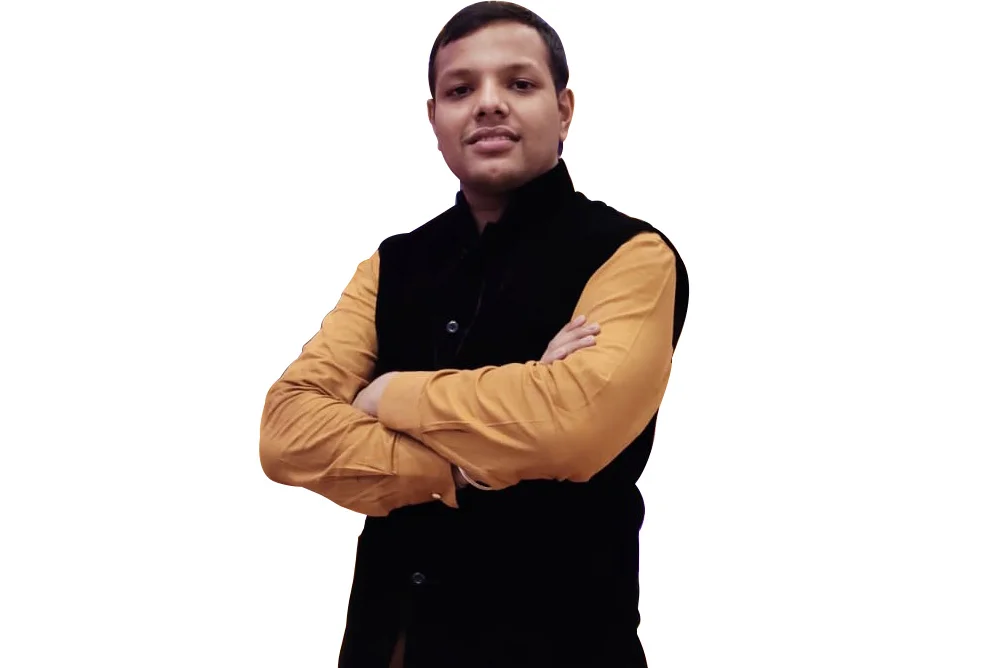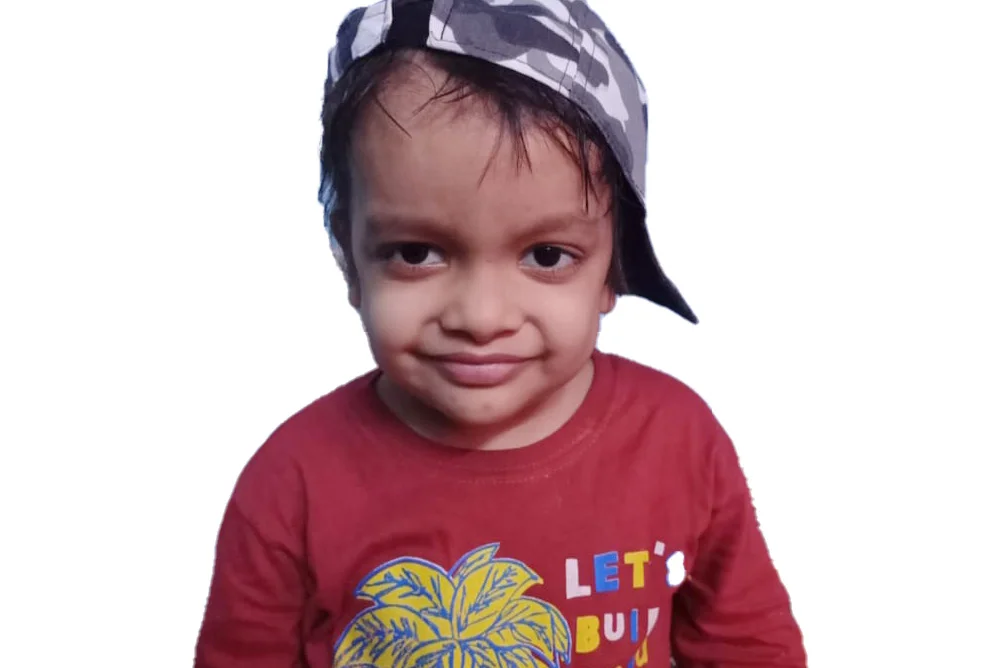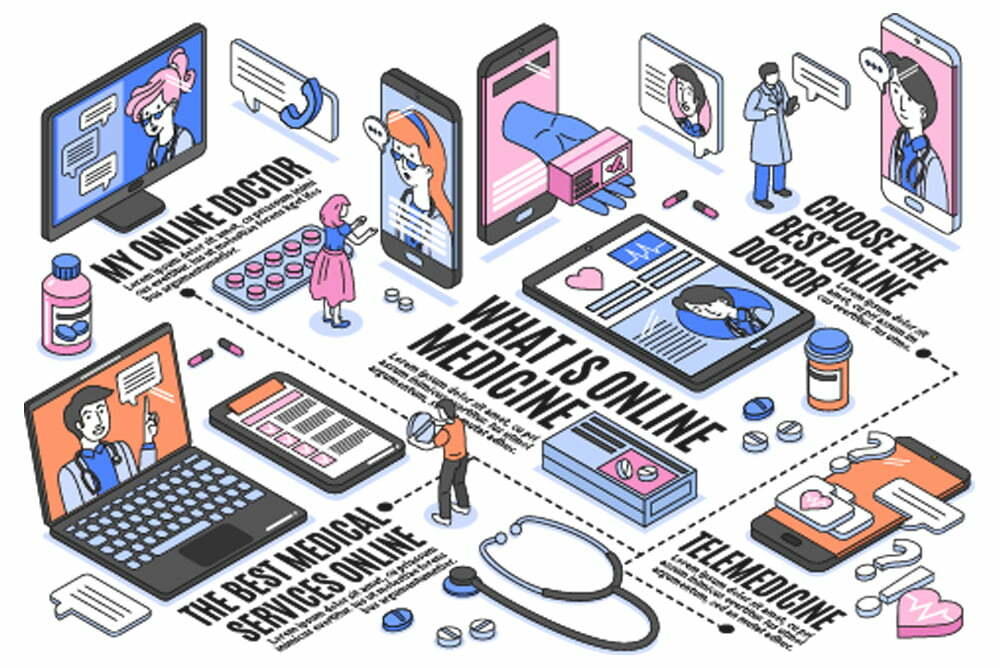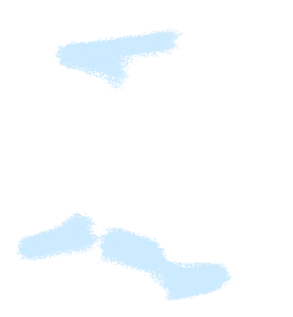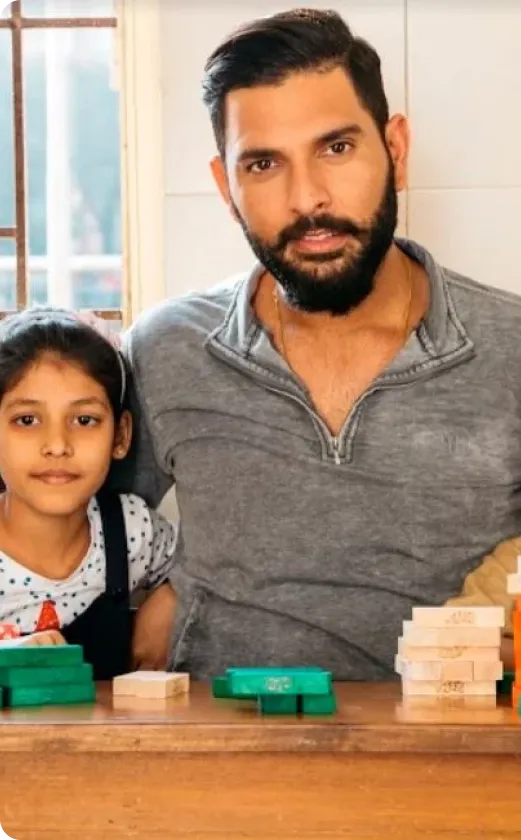
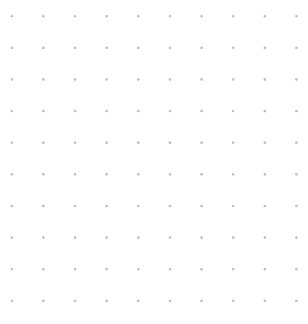
Breast Cancer in India: Present Scenario and the Challenges Ahead
POSTED ON 24 June, 2024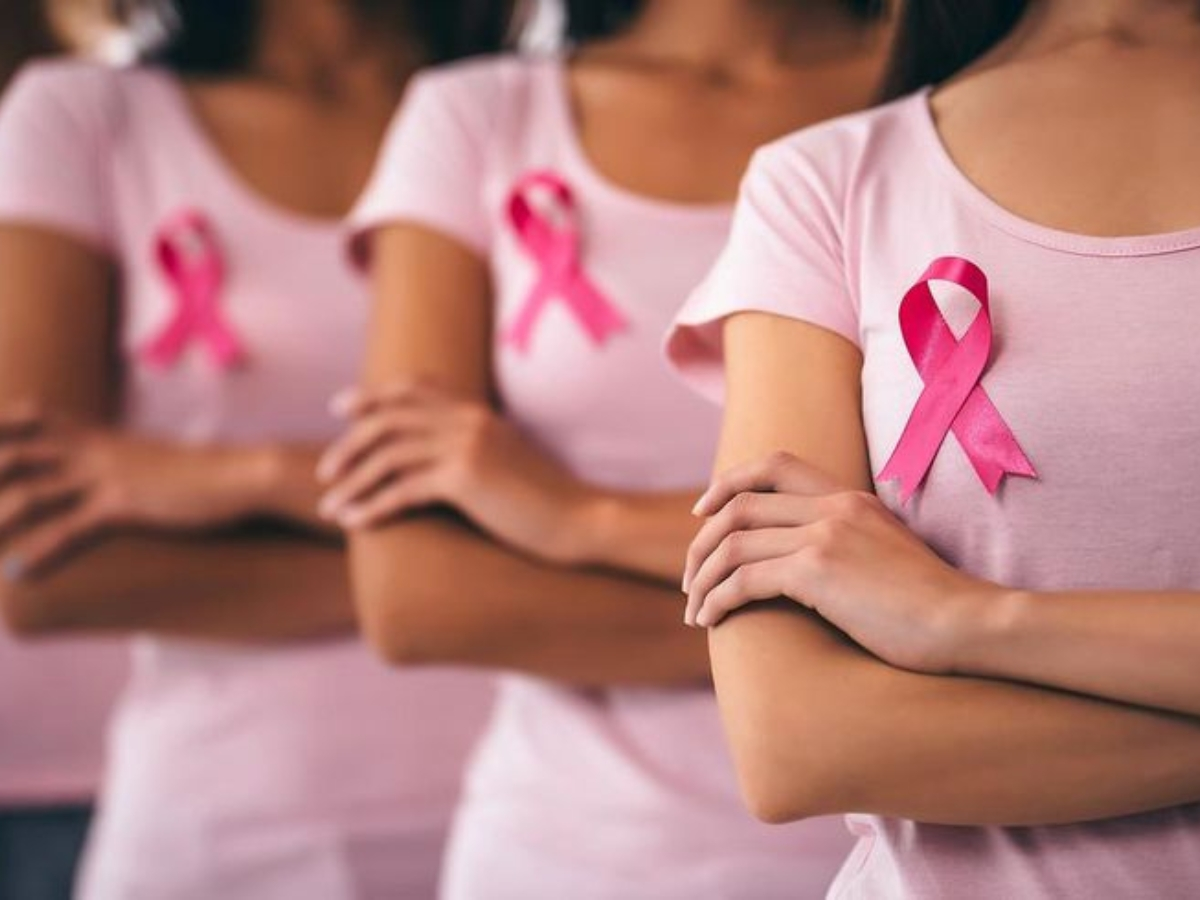
Introduction and Epidemiology
Breast cancer (BC) is the most common malignancy among women globally, surpassing lung cancer as the leading cause of cancer incidence in 2020 with an estimated 2.3 million new cases. The global burden of BC is expected to exceed 2 million by 2030. In India, the incidence of BC has significantly increased by 50% between 1965 and 1985. In 2016, there were approximately 118,000 new cases and 526,000 prevalent cases. From 1990 to 2016, the age-standardized incidence rate in females rose by 39.1%. In 2020, BC accounted for 13.5% of all cancer cases and 10.6% of all cancer deaths in India.
Recent trends show a higher proportion of younger Indian women being diagnosed with BC compared to the West. The National Cancer Registry Program has reported significant increases in BC incidence across various registries. The five-year overall survival rates vary significantly depending on the stage at diagnosis: 95% for stage I, 92% for stage II, 70% for stage III, and only 21% for stage IV. Early detection and rapid treatment are crucial, as costs and survival rates are highly stage-dependent.
Early Detection and Screening Programs
Effective screening programs depend on proper guidance, appropriate diagnostic instruments, implementation, and adequate human resources. In India, organized screening programs are moving towards risk-based approaches rather than broad age-based recommendations.
A Mumbai study found that biennial clinical breast examinations by primary health workers significantly downstaged BC at diagnosis, reducing mortality by 30% in women aged ≥ 50. Mammography sensitivity in India varies due to dense breast tissue and a lack of adequate machines and trained manpower. Digital mammography, while effective, remains costly. Ultrasonography shows promise, especially for younger women, but requires trained professionals. Breast self-examination, though not a standard early detection method, can increase awareness among women
Treatment Options: Past and Present
BC management is multidisciplinary, evolving from mastectomy and adjuvant chemotherapy to more targeted loco-regional and systemic therapies. Modern treatments include hormone therapy, chemotherapy, anti-HER2 therapy, and immunotherapy. Despite advancements, many patients stil
undergo primary ablative surgery. The evolution of radiation therapy aims to reduce toxicity and treatment time, though access to advanced techniques remains limited.
Triple-negative BC (TNBC) outcomes are poor, with treatment largely restricted to systemic chemotherapy. Newer treatments like immunotherapy and poly(adenosine diphosphate-ribose) polymerase inhibitors show promise. Oncoplastic breast surgery is emerging as a cost-effective alternative to mastectomy, suitable for low-resource settings like India.
Challenges in BC Control
Delay in Seeking Healthcare
In India, 60% of BC cases are diagnosed at stage III or IV. Delays are often due to a lack of awareness, household responsibilities, and social stigma. Women often ignore early symptoms and delay seeking treatment until advanced stages. Awareness campaigns are slowly improving this scenario.
Delay from Healthcare Providers
Diagnosis and treatment delays are common, with mean provider delays of 80 days in rural areas and 66 days in urban areas. Patient-related delays average 6.1 weeks, and system-related delays 24.6 weeks, leading to poor prognoses. High patient loads and competing priorities contribute to these delays.
High Attrition Rates
Quality of BC treatment varies widely across India. Many patients face improper treatment by non-oncologists, leading to mismanagement. High out-of-pocket expenditures and inconsistent public insurance coverage further exacerbate the issue. More than half of low-income households spend over 20% of their annual income on BC treatment.
Shortage of Resources
India faces a severe shortage of oncologists, with only about 2000 for 10 million patients. Most facilities are urban-centric, leaving rural areas underserved. There is a significant shortfall in radiotherapy units and trained professionals. Only 26% of the population has access to adequate radiotherapy facilities.
Rays of Hope and Way Forward
Integrative Approach
A holistic approach encompassing prevention, early detection, treatment, palliation, and survivorship is crucial. Integrating traditional medical practices and promoting lifestyle modifications, such as diet and exercise, can enhance BC management.
Internet Era
Education and awareness are vital. Utilizing the internet to provide reliable health information can be effective. Websites like 'Cancer India' offer valuable resources in layman's language, improving awareness and early detection efforts.
Community Health Workers
Engaging community health workers in BC screening and early detection programs can improve outcomes, especially in low-income settings. Training and supporting these workers is essential for sustainable progress.
Early Diagnosis
Advancements in molecular diagnostics and non-invasive tests hold promise for early BC detection. Ensuring access to these technologies for all individuals at risk is crucial
